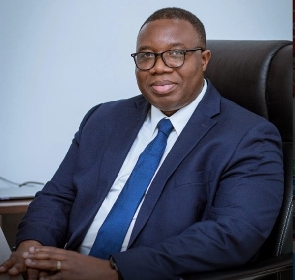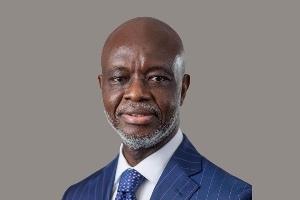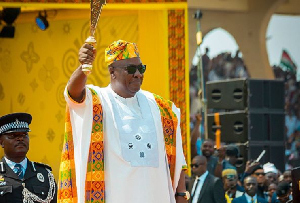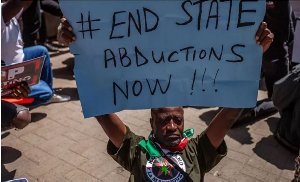The Ghana Chamber of Mines has called for measured and thoughtful discussions surrounding Ghana's lithium deal, emphasising the need for diverse perspectives to contribute positively to the project's outcomes.
In a press release, the Chamber expressed concern about inaccurate portrayals suggesting that the mining sector is a disadvantage to the country in terms of mineral rent distribution.
Contrary to these claims, the Chamber highlighted the substantial value retained in-country through employment opportunities and purchases from local suppliers within the mining sector.
Citing various studies, the Chamber noted that a significant proportion of mineral rents accrues to the government, with a model by the Natural Resource Governance Institute indicating that the government's share is "just over 50%".
The Chamber underscored that the current practice of combining fiscal inflows from the mining sector with other taxes in the Consolidated Fund obscures the developmental impact of the industry.
To address this, the Chamber advocated for enhanced visibility to showcase the positive contributions of the mining sector to national development.
In the context of the lithium deal, where Ghana seeks to participate in the production of a crucial component for electric vehicle batteries, the Chamber urged stakeholders to engage constructively, considering the potential impacts on the country's ability to attract private capital for responsible mineral development.
The background of the situation involves the Ghanaian government approving its first lithium mine operated by Barari DV Ghana Limited, a subsidiary of Australia-based Atlantic Lithium Limited.
The project, situated at Ewoyaa on Ghana's southern coast, holds strategic importance as the global demand for electric vehicle batteries rises.
As part of the deal, Ghana increased the royalty rate to 10% and the state's interest in the project to 13%, reflecting the nation's commitment to navigating the evolving landscape of the mining industry.
Business News of Tuesday, 19 December 2023
Source: classfmonline.com

















